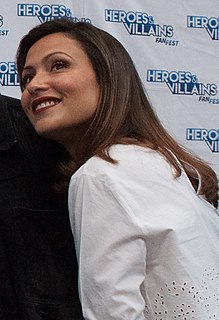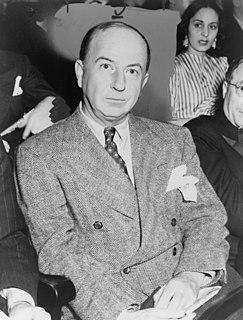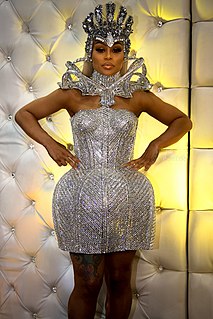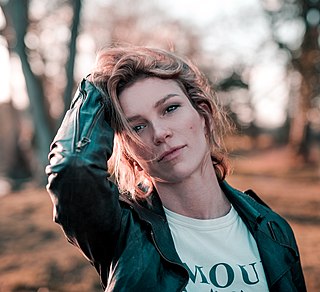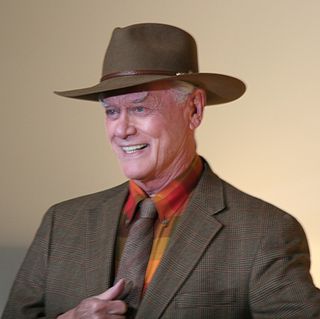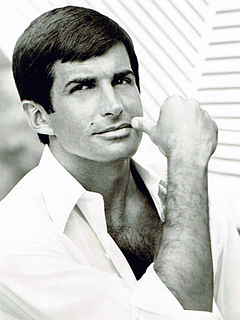A Quote by Italia Ricci
I've been talking to people, and I've gone to hospitals, talked to survivors, to doctors, to caregivers. I just learned that there's really no one way for somebody to experience dealing with cancer.
Related Quotes
There are a lot of smart people being really thoughtful and writing really interesting things, but that isn't what I want to do. It's never felt like what I've been called to do. And I have to risk sounding really arrogant when I say that because I've gone to Ivy League schools and been privileged in all these ways in the world of ideas, but I'm not as smart as you think. I'm not really depending on what I learned in college to write my books. Those were just parts of my life experience.
I would never call myself a cancer survivor because I think it devalues those who do not survive. There's this whole mythology that people bravely battle their cancer and then they become survivors. Well, the ones who don't survive may be just as brave, you know, just as courageous, wonderful people.
I've been in Africa, and I've been to hospitals of Africa, and they're not hospitals, they're places where people go to die. And rows and rows and rows of people just dying and the waiting rooms of the hospitals are full of people waiting to get into the beds of the people who died the night before, and they're dying from unnecessary diseases.
It's a very, very interesting experience to be talking to people who are such icons in their own right. When Adele came to a show, I was just talking to her, and at the time, I thought, 'I'm just having a chat with somebody.' But then I heard myself say, 'Oh, I was talking to Adele the other day,' and it's as strange as you'd imagine.
My uncle worked in emergency wards dealing with people who came in with terrible injuries. He talked about the sketch shows they would put on to lighten the atmosphere. You often find this sense of grim humor in hospitals. The injuries people are suffering are ghastly. You have to laugh at something or you'd otherwise cry.
I've been in the sun most of my life. I've gone to skin doctors and they'll say to you, 'We should remove this because it's pre-cancerous,' and I'll say, 'Explain pre-cancerous to me.' I'll listen for about twenty minutes and I'll say excuse me, 'Is pre-cancerous like pre-dead? So you're saying it could turn into cancer but it's not cancer?'
